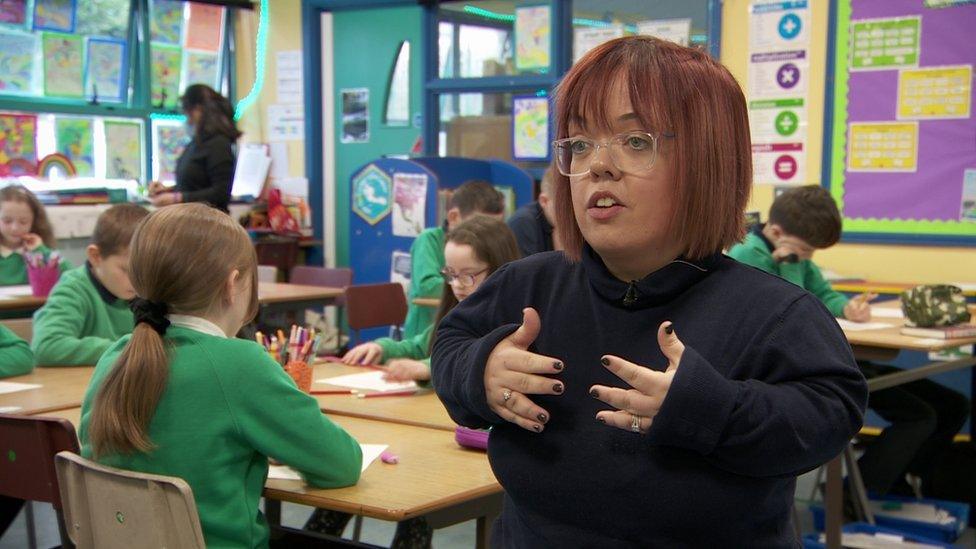Dwarfism: Woman's battle against ignorance starts in schools
- Published
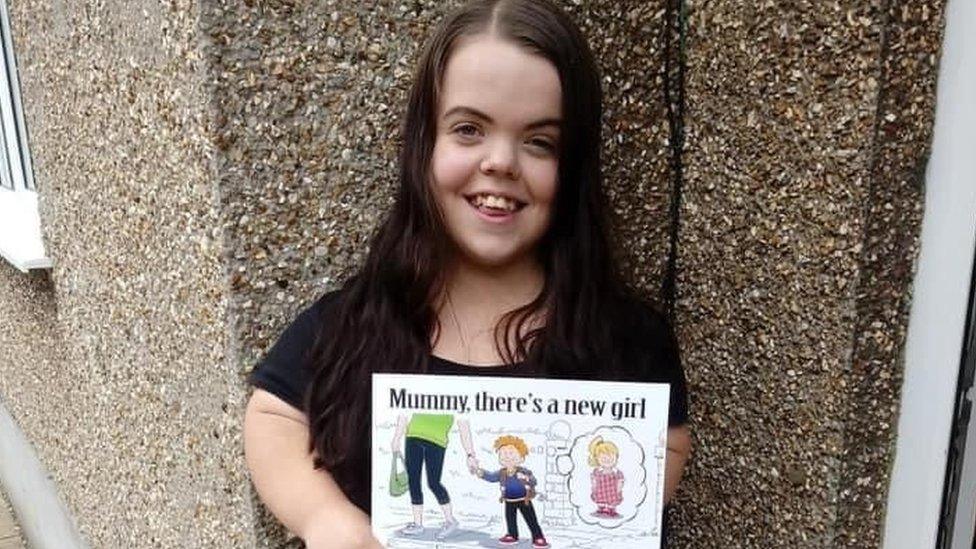
Danielle has written a book that looks at dwarfism from the viewpoint of children
A woman with dwarfism who faces frequent abuse on the street is visiting schools in a bid to stamp out prejudice.
Danielle Webb, 23, said changing the minds of ignorant adults was difficult, so her focus was on educating children.
Danielle, who is 3ft 11.5in (1.2m), said being called names and laughed at "just becomes our norm".
Earlier this week, a documentary about a new drug developed to treat Danielle's condition aired on BBC One.
Vosoritide, which has been developed to treat children with the most common form of dwarfism achondroplasia, external, is already available in the US and the NHS has run trials for a potential roll out in the UK.
Every day, when Master of Arts student Danielle leaves her home in Newport to go to the University of South Wales or to work at youth arts organisation Urban Circle, she has to steel herself for the mockery, name-calling, stares and occasionally people trying to take photos that she has come to expect.
"Anyone with dwarfism will tell you the typical is just the stares and the laughs," said Danielle, who is originally from Portishead, Somerset.
"'Look at her, what's that all about?' Just like schoolground behaviour.
"I've been called names on the street, we've been in positions as a group where people have tried - not always successfully - to get a photo... where that goes afterwards is obviously completely out of our control."
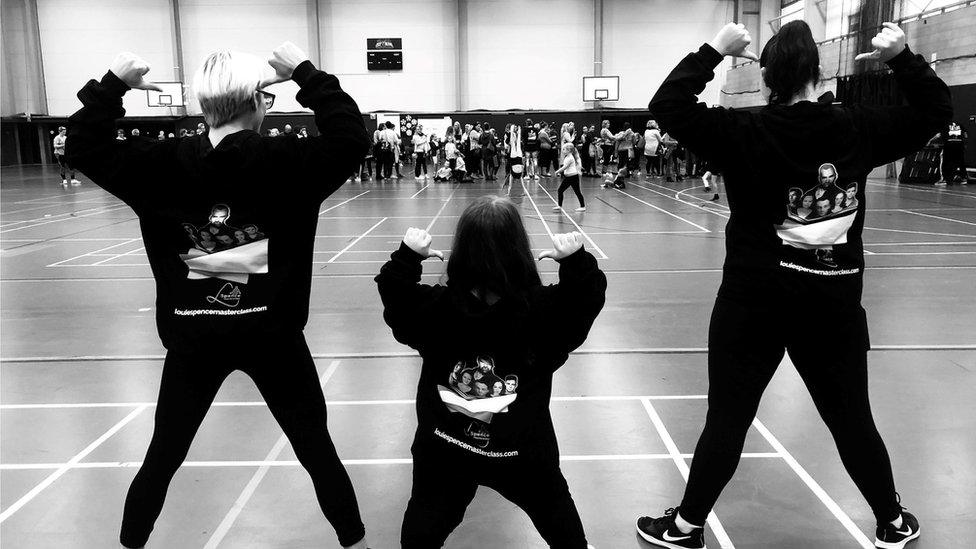
Danielle works with Newport's Urban Circle to support young people to discover their potential
She said she was able to brush it off "nine times out of 10", adding: "There is always that one time where you're like 'I can't do this, this is ridiculous'.
"It is challenging on the bad days… [but] it just becomes our norm."
Once she has arrived at work or university it is a challenge not to let it get her down: "You can't let it break you every single day."
As well as the abuse from strangers, she said she and others like her have to navigate a world built for people of average height.
Daily challenges include supermarkets where trolley handles are too high and items are difficult to reach from shelves, as well as out-of-reach cash points, train ticket machines and sinks in public toilets.
"If I sit down and really think about everything I have to overcome in a day or a week, that can kind of scare you," she said.
All this fires her up to fight for change.
Last year her book Mummy There's A New Girl was published and it is being developed for the stage by Thunk-It Theatre in York.
It tells the story of a girl who is picked on for her looks before a brave child looks past her differences and learns that size is no big deal.
With Wales now at Covid alert level zero, external she has begun visiting schools.
"Educating people about my condition has always seemed very daunting," said Danielle.
"Most of the time with adults, the ones that listen are the good ones anyway, they're not the ones that actually need educating.
"Instead of channelling my energy into trying to change opinions I need to be there when the opinions are formed."
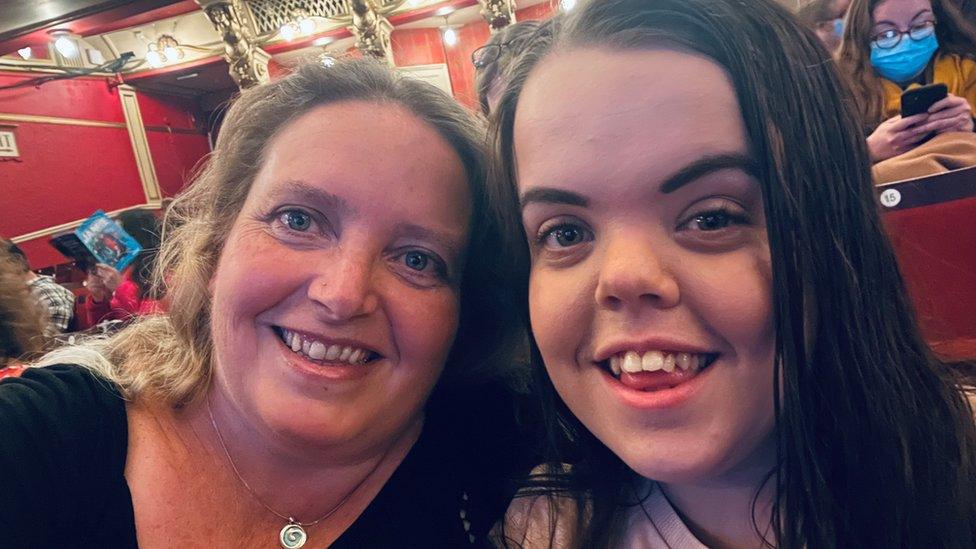
Danielle's parents are of average height and were told she had dwarfism four weeks before she was born
Following a recent visit to Maindee Primary School in Newport, she believes her instincts were right.
"Half way in [the children] didn't really care that I was small, they were like 'yeah, OK, whatever', they were more excited that I was an author and I was someone new," she said.
"We did talk about dwarfism but it wasn't really needed because as far as they were concerned, I was just another adult."
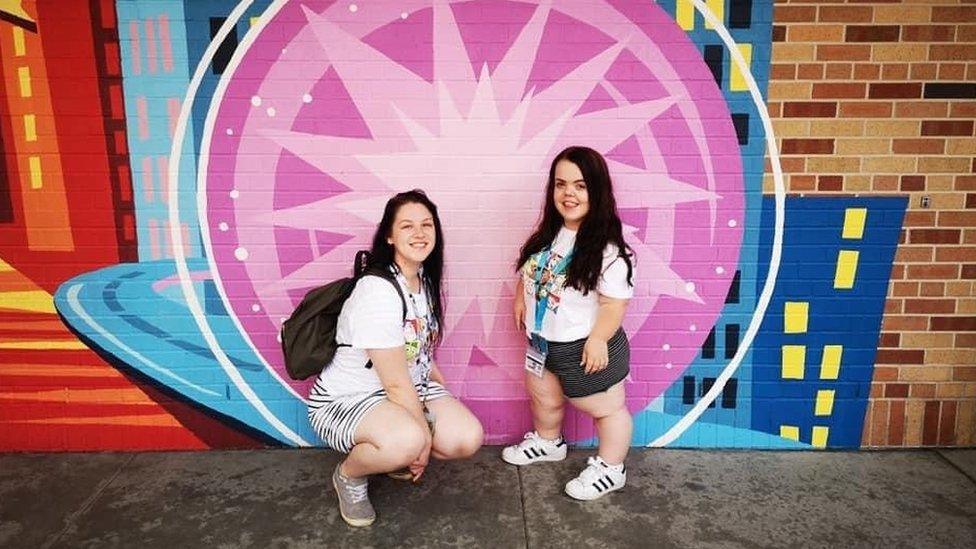
Danielle (pictured with a friend) says she is very comfortable in her own skin
She is convinced this is the way to end prejudice: "I have no doubt that every child in that room will grow up accepting and understanding differences, because that's exactly the response that they showed me when I went in."
She said she believed some adults had discriminatory attitudes because "their questions weren't answered and they weren't exposed to more visible disability when they were younger".
In a recent documentary, five-time Paralympic champion swimmer Ellie Simmonds expressed concerns the drug vosoritide could potentially, "eradicate dwarfism" but spoke to others who saw its development as a helpful breakthrough.
Danielle said: "The people who choose to take it should be treated with exactly the same kindness as the people who don't choose to take it.
"Bad days aside, I'm very comfortable in my skin... I wouldn't have the life I do now if I didn't have dwarfism - but do I still understand why someone would chose to take it? Of course."
She said she wanted to see more of a focus on education, social awareness and making the world more accessible to people with dwarfism "so if the injections come to the UK they aren't seen as the only solution".
Danielle said she knew many people with dwarfism who had achieved success in their professional, personal and academic lives.
"Yes, we live with the challenges out there, but that doesn't mean our quality of life is any different or our abilities in life are any different," she said.
"We need to educate the world it's actually something to be promoted and celebrated."
- Attribution
- Published4 April 2022
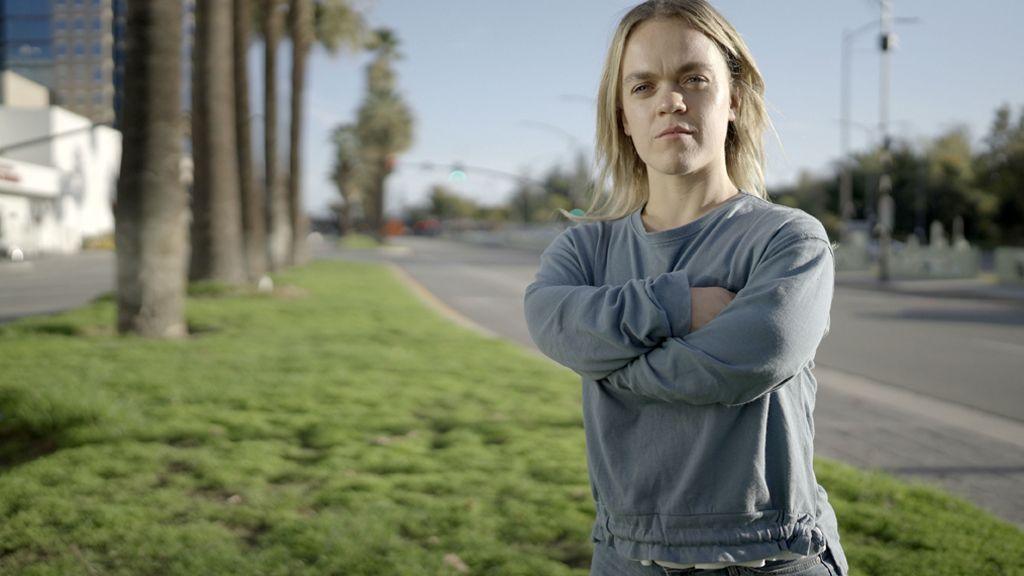
- Published21 January 2022
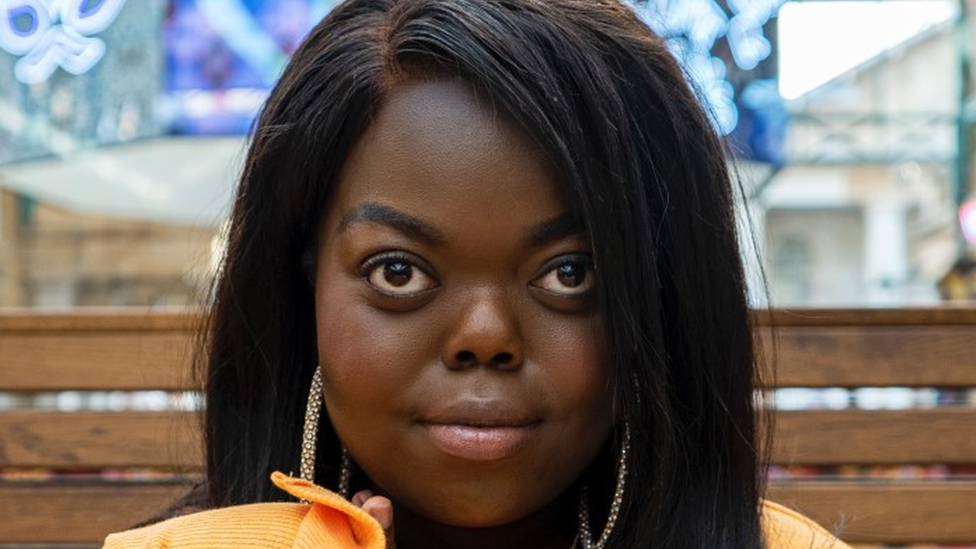
- Published1 February 2022
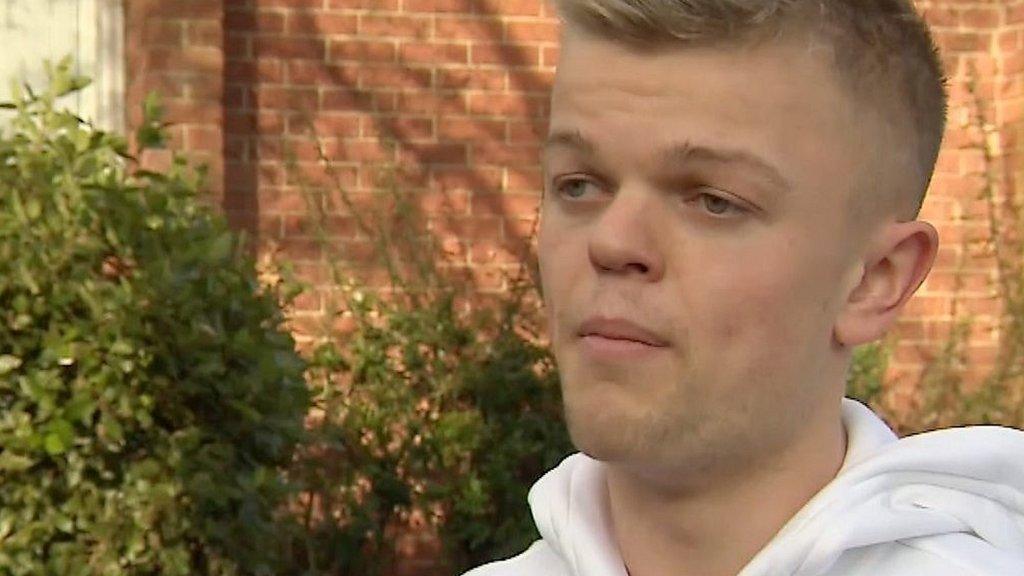
- Published28 January 2022
